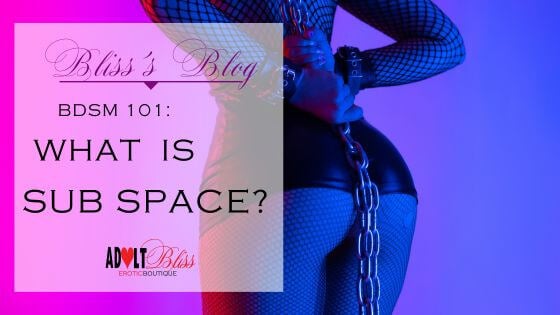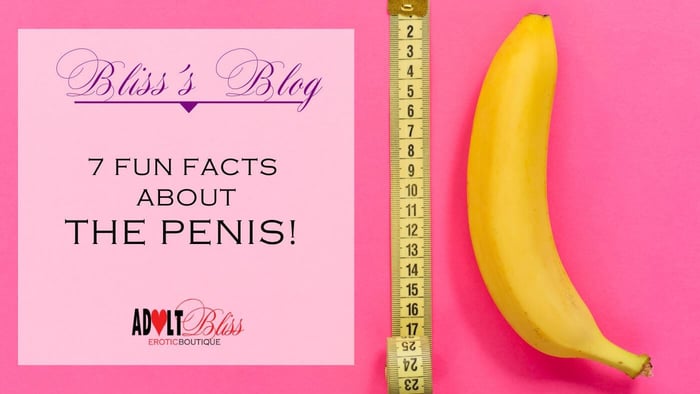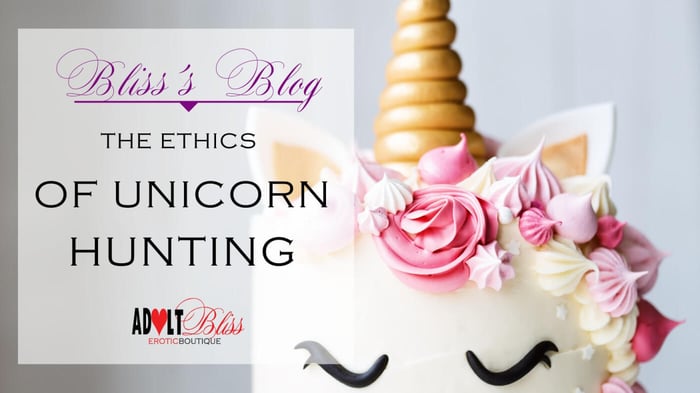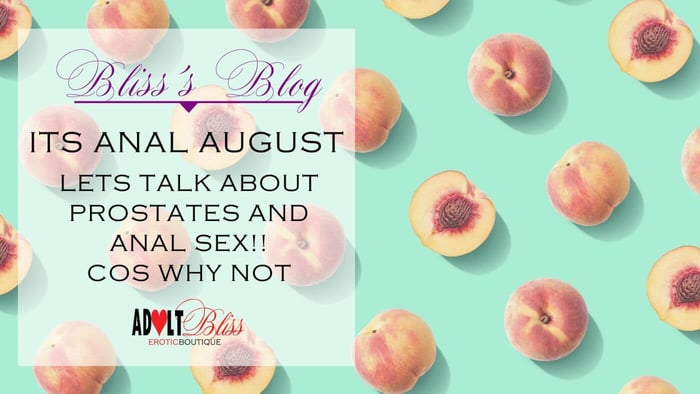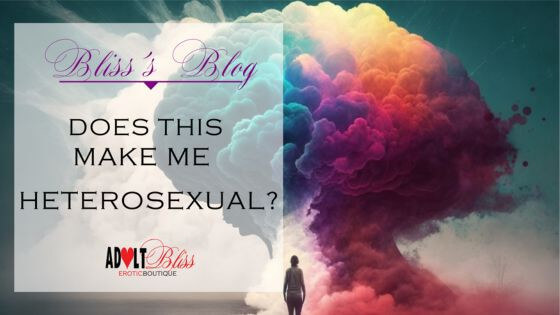
Am I Hetero Now? A Married Woman's Question
I married a straight man, but I identify as bisexual, does this mean I am hetero too?
When you enter a heterosexual marriage the cultural assumption is that you are 100% straight, regardless of how you feel. Everyone assumes that your life will follow the expected path: marriage, babies, and supporting a family until it’s time to retire. Where I live and where I am involved in conversations around identity there is no reference for a person who wants to explore their own path.
In my situation I am a pansexual woman in a heterosexual marriage, and everyone assumes that I am now magically straight, simply because I choose to be faithful in my marriage.
If people do acknowledge my sexuality it is for one of two reasons, 1) to make a joke and big note my husband’s sexual prowess; or 2) to point out that things are a phase, and of course I must be straight now. These ideas reinforce the harmful stereotype that sexuality is a choice, which in my experience it is not.
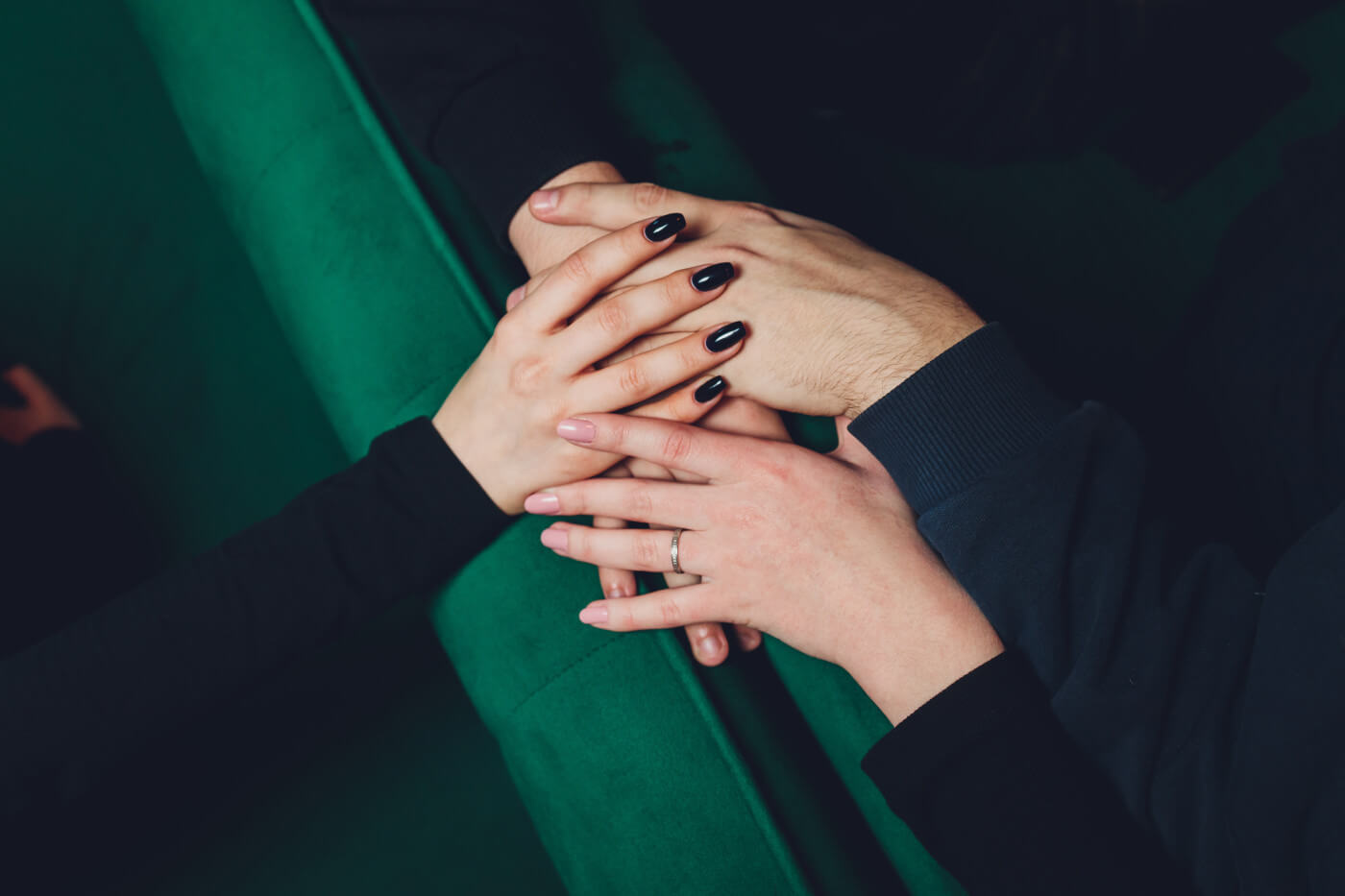
Having known from before puberty that I was attracted to a wide variety of genders, body shapes and sizes my long term romantic life could have gone in many different directions. By chance I met a man who I fell in love with and decided to marry. From very early on in our dating I was open about my sexuality, that I find a variety of people sexually attractive, and he has always been supportive. For over 9 years we maintained a monogamous relationship, though still used lesbian pornography and threesome fantasies at times. Have there been times where insecurities and misunderstandings have caused tensions over how we have behaved and communicated, of course, we are human beings in a human relationship.
Whether different sexualities is a problem in your relationship depends on how you and your significant other communicate around this topic.
As previously mentioned I have always been open about my sexuality and rather than being a barrier it became a different way for us to connect and fantasise together. Discussing our situation with friends and other couples is where things become challenging. Often this becomes a challenge because of the other couple’s reaction and feelings around what my husband and I do in our relationship. At dinner parties we might discuss our perspectives with friends, only for the other couple to end up fighting over how the same boundaries would impact their relationship.
Navigating this kind of conversation as a couple means trying to accept each other’s perspective, even if you both disagree. How this discussion looks is different for every couple, everyone has their own feelings and limitations, though respecting each other’s feelings and boundaries is a great first step. Some couples will try extending their boundaries together through fantasies, swingers parties or other new adventures. Other couples might realise that their fantasies are better left as fantasies. For some couples this could be a sign of incompatibility, that one partner cannot accept or respect the other’s feelings, and this goes both ways. Regardless of how couples navigate this it is important to remember that all individuals deserve love and respect. With a little love, respect and an honest conversation, who knows what experiences you could be having tomorrow.
Being in a heterosexual relationship can impact how you view your own sexuality – how can you respectfully express your sexuality whilst having a monogamous relationship. This becomes more complicated when you are in a relationship that doesn’t line up with your sexuality. Refusing to communicate boundaries, limits and personal expectations can be damaging for relationships. There is no one size fits all in life, there is no one size fits all in relationships.
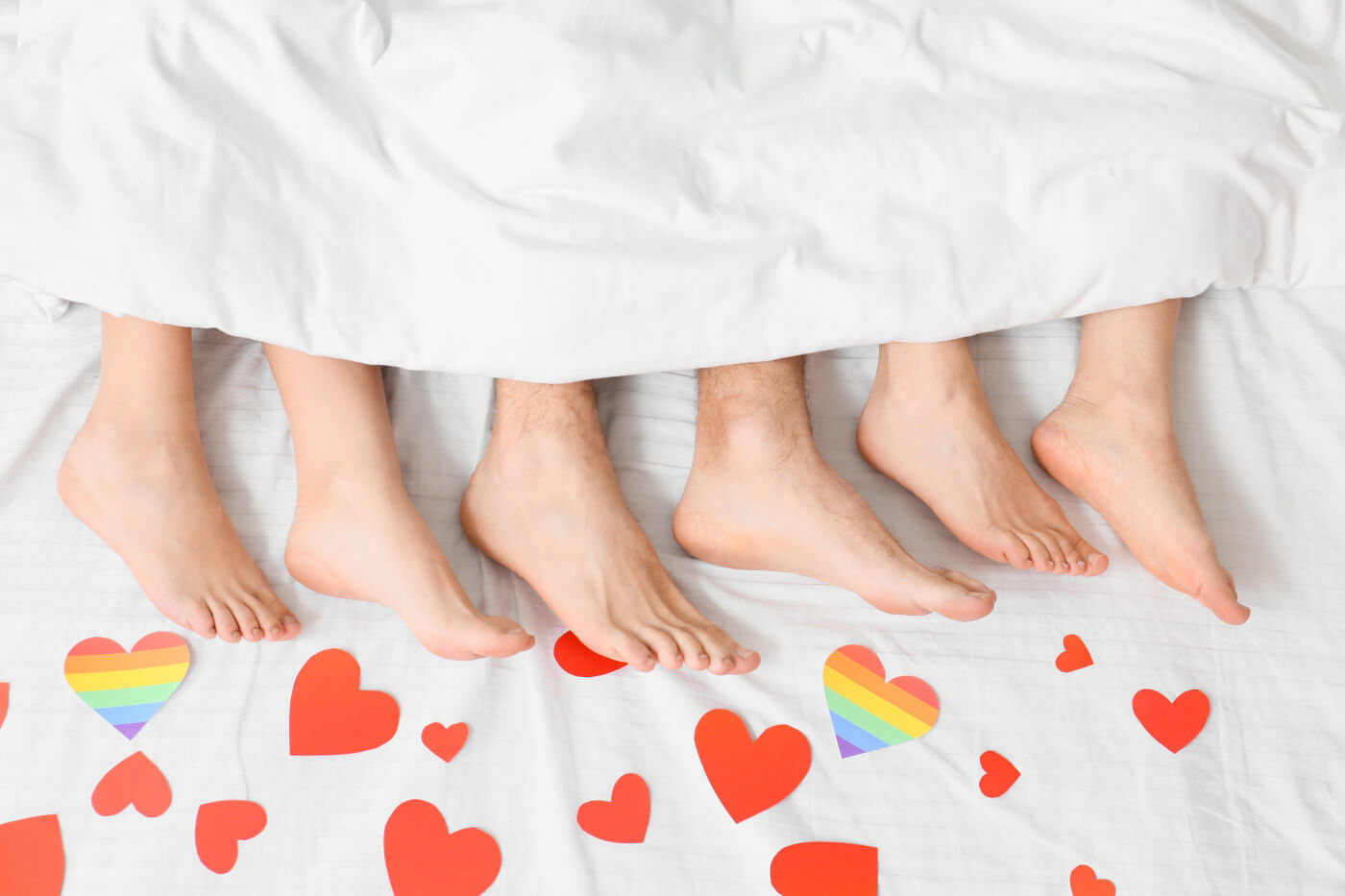
In an age where defining our labels and identities has become so sharply focused the question – Does being in a heterosexual, monogamous relationship now mean that I am defined as a heterosexual woman? Let’s be honest, if you’ve been paying attention, these descriptions don’t match my relationship. If you’re new to the blog you have probably missed some of my more controversial pieces like ‘Why I took my husband to a brothel’ and my piece about Fleshlights.
If you have read these pieces or others then you are aware that I do not live within a strictly monogamous relationship. What I hope you the reader takes away from this is that labels might not matter to you, but they can really impact how a person sees them-self.
So what’s the big point of my rant here, well firstly that my relationship is not a heterosexual one, even if my husband is heterosexual himself. His sexuality doesn’t overrule mine, not does it dictate the standard by which we live our lives. Rather, the fact that my heterosexual husband and I are in a relationship that is neither monogamous nor heterosexual is a bigger discussion for a different time. Relationships look different for everyone, don’t let society or other people dictate how and and your partner make your lives work together. If you would like a term that covers our relationship model, it would be Ethical Non Monogamy, Katie Krop has a great piece 'Am I In A Polyamorous Relationship' further exploring this topic.
So let's take a final look at my main question, does my relationship status make me hetero? No, I am still as twisty as they come, my husband is the one reconsidering his relationship labels now. With a little love, respect and an honest conversation, who knows what experiences you could be enjoying together.
TL;DR:
- Being in a heterosexual marriage doesn't necessarily mean you are straight.
- Stereotypes and assumptions about sexuality are harmful.
- Communication is key in navigating differing sexualities in a relationship.
- Honesty and respect are important in building a strong and healthy relationship.
- Boundaries and personal expectations should be discussed and respected.
- Labels can impact how a person sees themselves, but ultimately, it's up to the individual and their partner to define their relationship.
- Fantasy exploration can be a way for couples to connect and grow together.
- Love and respect are essential in all relationships, regardless of sexual orientation or identity.




